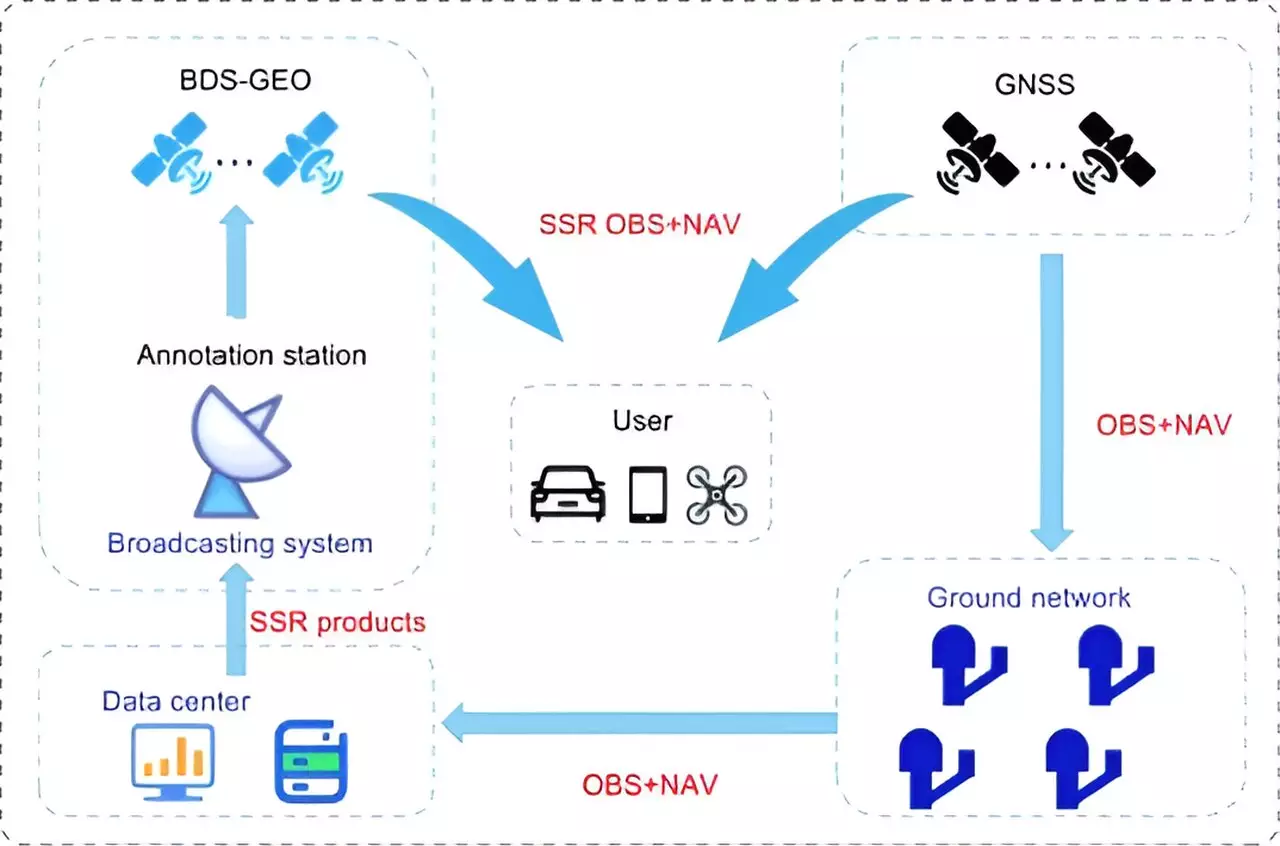Positioning technology has seen remarkable advancements with the continuous evolution of satellite systems. The BeiDou Navigation Satellite System (BDS) is at the forefront of this transformation, undergoing a substantial upgrade to cater to the increasing demand for high-precision positioning across diverse sectors. The latest enhancements promise decimeter-level accuracy within minutes, a significant improvement over existing capabilities. This article delves into the key features and implications of BeiDou’s high-precision services, shedding light on its potential impact on various industries.
Despite the significant progress made by traditional systems like the Global Positioning System (GPS), challenges such as limited regional coverage and long convergence times persist. While systems like Galileo’s High Accuracy Service (HAS) and Quasi-Zenith Satellite System’s (QZSS’s) Centimeter-Level Augmentation Service (CLAS) have raised the bar for precision, the need for further enhancements remains evident. BeiDou’s recent focus on improving high-precision services addresses these challenges head-on, aiming to establish itself as a key player in the global navigation landscape.
A recent study by researchers from the Beijing Institute of Tracking and Telecommunication Technology, in collaboration with the Shanghai Astronomical Observatory and Wuhan University, highlights BeiDou’s high-precision services. The study, published in the journal Satellite Navigation, emphasizes the PPP-B2b of BDS-3, showcasing its decimeter-level accuracy within 14 minutes. While the system demonstrates notable advancements, it falls short in terms of regional coverage and convergence time compared to international counterparts. To overcome these limitations, the research proposes a multi-layer development framework, advocating for the integration of low Earth orbit (LEO) satellites. By incorporating a LEO constellation of 288 satellites, positioning accuracy can be improved to better than 5 cm within approximately 1 minute, significantly enhancing global coverage and reducing convergence time.
Dr. Xingxing Li from Wuhan University underscores the importance of BeiDou’s high-precision services in meeting the escalating demands of modern navigation applications. The integration of LEO satellites emerges as a promising solution, offering improved coverage and reduced convergence time for real-time, centimeter-level positioning accuracy on a global scale. The enhanced services have significant implications for applications such as autonomous driving, unmanned aerial vehicles, and smart device navigation, paving the way for advanced technological advancements in these domains.
The evolution of high-precision positioning systems, exemplified by the advancements in the BeiDou Navigation Satellite System, signifies a pivotal moment in the realm of satellite navigation. With a focus on enhancing accuracy, coverage, and convergence time, BeiDou is poised to lead the way in revolutionizing global positioning technologies. The integration of LEO satellites and the continuous refinement of high-precision services underscore the system’s commitment to meeting the evolving needs of modern navigation applications. As BeiDou continues to advance, its impact on various industries and technological advancements is poised to be profound, shaping the future of high-precision positioning on a global scale.


Leave a Reply
You must be logged in to post a comment.